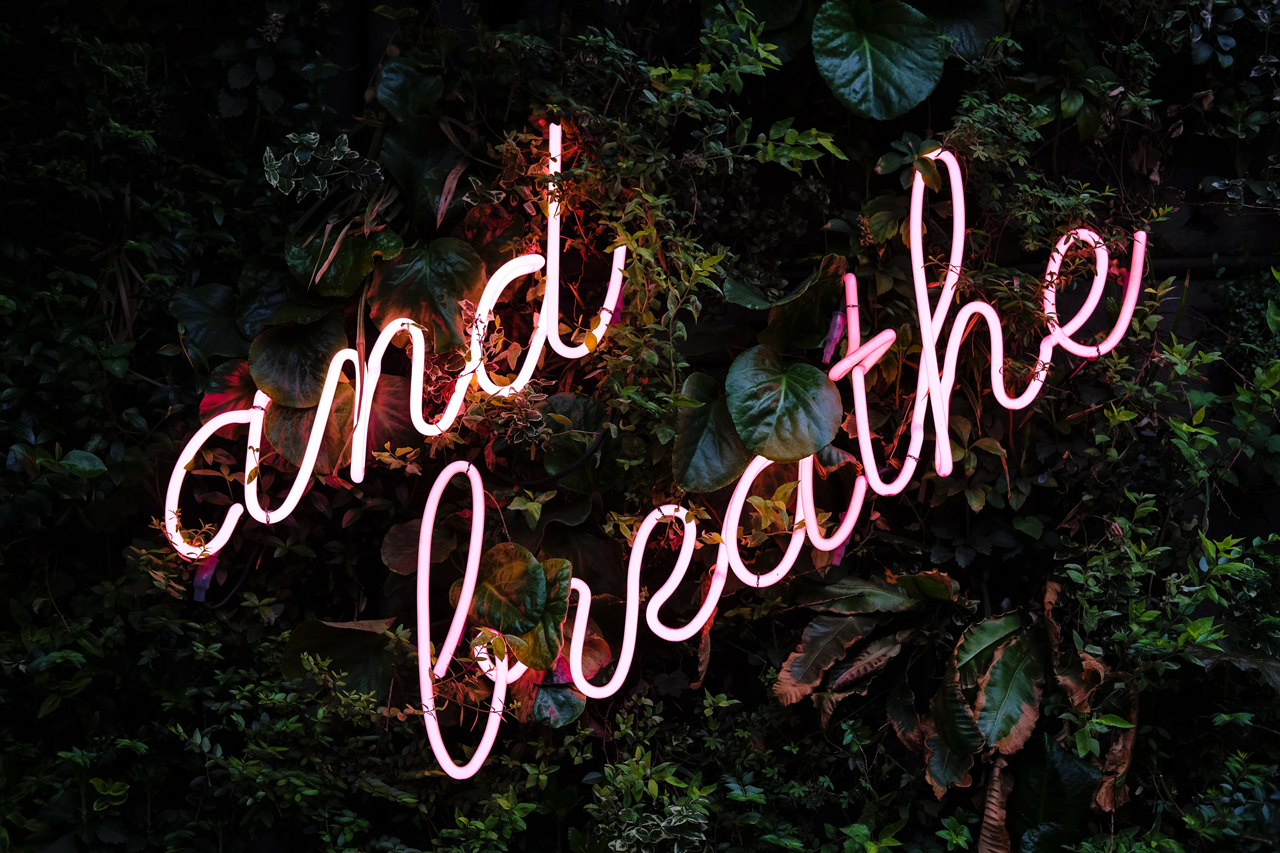Intro
At the time of writing this article, the world has been thrown into various lockdown situations due to the COVID-19 pandemic. Many people have had to adjust to working from home, myself included.
Two months ago, I made the transition from teaching singing lessons in a physical studio in Sydney, Australia to teaching online lessons via Zoom. As much as I enjoy working from home, burnouts do occur.
Here are some ways I found to be helpful for me.
Meal Time
Keep your work and dining area separate
For someone who has digestive issues, I find it really important for me to be mindful during mealtime. This means I have my meals on the dining table instead of my work desk. I tend to focus on eating my meals better that way whilst having a well deserved lunch break.
Leave your devices (or anything work related) on your work desk
This is difficult to do but once you make it a habit, it will make you feel free. Give yourself the chance to enjoy your meal and have small talk with family members over dinner.
Put your phone on silent mode
Yes, you’ve read that right! Meal time is do-not-disturb time.
Screen Time
Have screen time breaks
If you’re like me, working from home means going from having one Zoom meeting a month to having five to six meetings in one day. Adding to that the work you do on your computer = a ton of screen time.
Schedule screen time breaks. Tired eyes make you feel burnt out quicker. For me, I look away from the screen as often as I can during Zoom meetings without looking like I was being rude.
Use anti-glare filter on your computer screen
Invest in an anti-glare filter that you can install on your computer screen. I like the 3M Privacy/Anti-Glare filters.
Adjust brightness of your screen
I like having my screen brightness at around or just below the midpoint. Experiment with what works for you.
Zoom Meetings
Optimize your Zoom audio settings
Make sure your microphone level is turned to at least three quarters way up so that your meeting partner can hear you well (and you don’t have to yell). Turn up your Zoom speaker volume too if you need to.
Speak with good vocal technique
When speaking on the phone or over Zoom, people forget to support their voice well. Imagine the person you’re talking to is right in front of you. Speak as if they were in the same room. One trick I like to use to help students get better voice projection is the “over the hand” trick.
Put your hand (palm facing the floor) in front of your mouth. Say “ah” and imagine your voice going over your hand. Avoid moving your head. ‘Move’ your voice over your hand instead. This is how you should ‘place’ your voice when speaking. Speak “over the hand” to get better resonance/projection.
Warm up your voice before meetings
I always warm up my voice in the morning before I start teaching. Do that before your Zoom meetings so you still have a voice by the end of the week. Go here to find out which warm-up exercises to do.
Work Area
Make it comfortable for yourself
Invest in a proper ergonomic chair and computer mouse. I put my laptop on a laptop stand and type on an external bluetooth keyboard.
Lighting
Working in brightly lit rooms just makes me think more creatively. I prefer natural light but artificial lights work just as well.
Signs
Put up a “Do Not Disturb” sign when you need to focus. I’ve seen some mothers make an FAQ for their kids.
For example: Q: “What’s for dinner?” A: Pizza
Alternate between standing and sitting
I don’t know about you but standing all day tires me out. So, I alternate between standing and sitting when I work.
Work/Break Time
Sneaky Netflix/video game/music break
Working from home means you can take that sneaky Netflix break and watch an episode of your favourite series. It can be surprisingly rejuvenating as this isn’t something that you can usually do at the workplace.
Manage your energy well
Figure out what time of the day when you’re the most energetic. Schedule your most demanding tasks during those times. For me, I like writing songs in the morning because I have the most energy during that time. After about 8:00PM, my brain starts to get tired so I use that time to do housework.
Conclusion
Everyone has different limits when it comes to how much rest they need before they burn out. Find out what works for you and stick to it. Work hard, play hard!
About the Author



